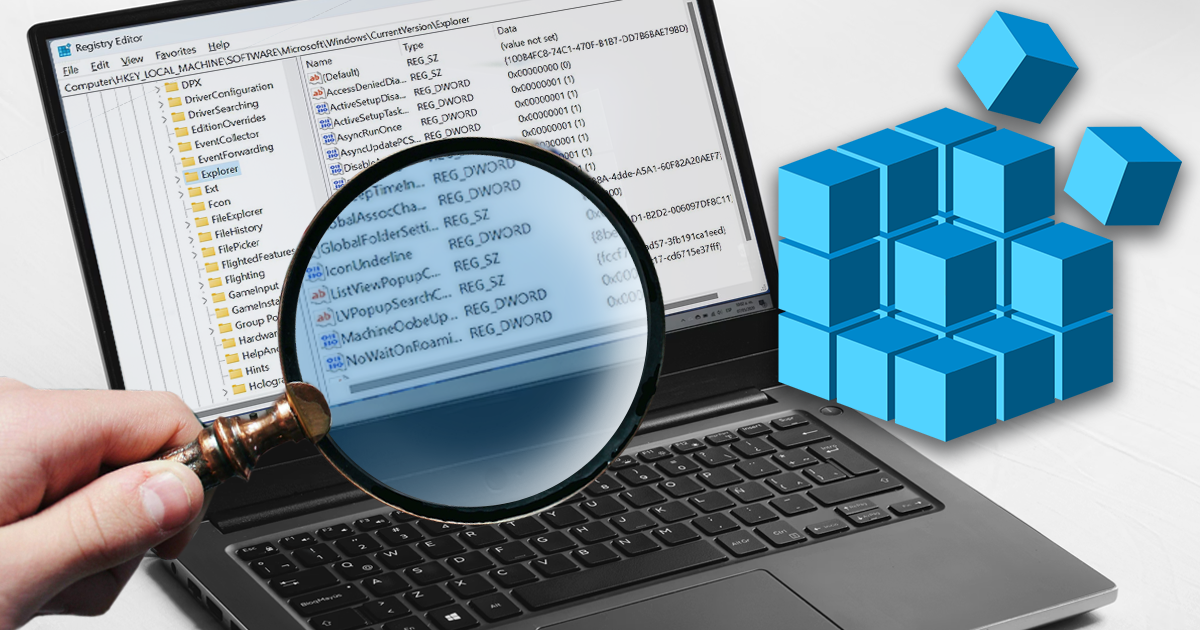What does “forensically sound extraction” mean? The classic definition of forensically sound extraction means both repeatable and verifiable results. However, there is more to it. We believe that forensically sound extractions should not only be verifiable and repeatable, but verifiable in a safe, error-proof manner, so we tweaked our product to deliver just that.
Apple is known for a very long time they support their devices. On January 23, 2023, alongside with iOS 16.3 the company rolled out security patches to older devices, releasing iOS 12.5.7, iOS 15.7.3 and iPadOS 15.7.3. iOS 12 was the last major version of iOS supported on Apple A7, A8, and A8X devices, which includes the iPhone 5s and iPhone 6 and 6 Plus generations along with several iPad models. We tested low-level extraction with these security-patched builds, and made several discoveries.
The updated iOS Forensic Toolkit 8.11 brings keychain decryption support to devices running iOS/iPadOS versions up to and including the 15.5 by using the extraction agent. The tool supports recent models that can run iOS 15 , which includes devices based on the Apple A12 through A15 Bionic, as well as Apple Silicon based devices built on the M1 SoC.
Just before the turn of the year, we’ve made an important update to Elcomsoft iOS Forensic Toolkit, a low-level iOS file system extraction and keychain decryption tool. The update brings checkm8 support to iOS, iPadOS and tvOS 16.2 devices, and enables agent-based low-level extraction of iOS 15.5. We’ve also fixed what’s been long broken: the ability to sideload the extraction agent from Windows PCs, yet the two updates are delivered in different branches. Sounds confusing? We’re here to solve it for you.
The extraction method or methods available for a particular iOS device depend on the device’s hardware platform and the installed version of iOS. While logical acquisition is available for all iOS and iPadOS devices, more advanced extraction methods are available for older platforms and versions of iOS. But what if more than one way to extract the data is available for a given device? In this guide, we’ll discuss the applicable acquisition methods as well as the order in which they should be used.
iOS Forensic Toolkit 8 brings new powerful user experience based on the command line. While this approach offers experts full control over the extraction process, mastering the right workflow may become a challenge for those unfamiliar with command-line tools. In this quick-start guide we will lay out the steps required to extract the file system and decrypt the keychain of a compatible iPhone or iPad device.
Apple offers by far the most sophisticated solution for backing up, restoring, transferring and synchronizing data across devices belonging to the company’s ecosystem. Apple iCloud can store cloud backups and media files, synchronize essential information between Apple devices, and keep highly sensitive information such as Health and authentication credentials securely synchronized. In this article we’ll explain what kinds of data are stored in iCloud and what you need to access them.
Advanced logical acquisition is the most compatible and least complicated way to access essential evidence stored in Apple devices. In legacy versions of iOS Forensic Toolkit, we offered a 1-2-3 style, menu-driven extraction experience, while the updated release of iOS Forensic Toolkit 8.0 is driven by the command line. In this quick-start guide we will lay out the steps required to extract the most amount of data from Apple devices via the advanced logical process.
In Apple ecosystem, logical acquisition is the most convenient and the most compatible extraction method, with local backups being a major contributor. Password-protected backups contain significantly more information than unencrypted backups, which is why many forensic tools including iOS Forensic Toolkit automatically apply a temporary backup password before creating a backup. If a temporary password is not removed after the extraction, subsequent extraction attempts, especially made with a different tool, will produce encrypted backups protected with an effectively unknown password. In this article we’ll talk about why this happens and how to deal with it.
The newly released iOS Forensic Toolkit 8.0 delivers forensically sound checkm8 extraction powered with a command-line interface. The new user experience offers full control over the extraction process, yet mastering the right workflow may become a challenge for those unfamiliar with command-line tools. In this quick-start guide we will lay out the steps required to perform a clean, forensically sound extraction of a compatible iPhone or iPad device.


